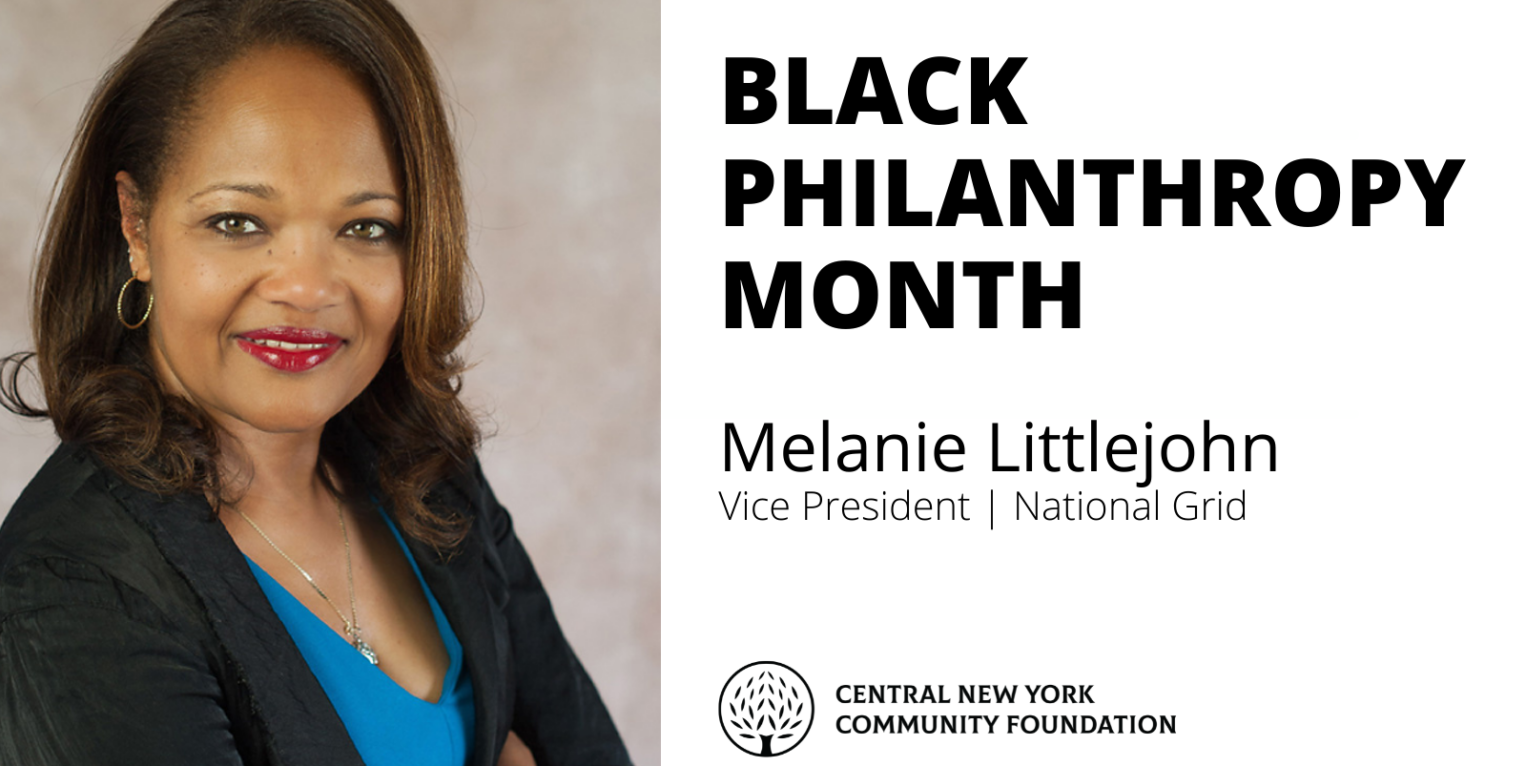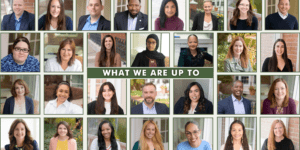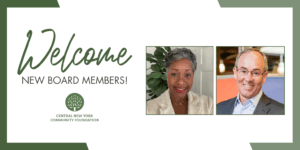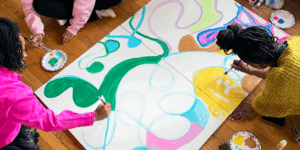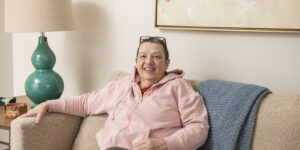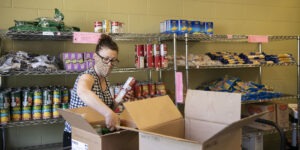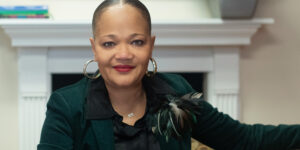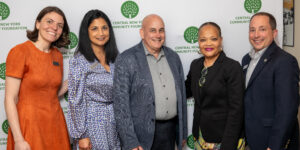August is Black Philanthropy Month! We asked leaders in the Black community how they came to be philanthropists.
Here’s what Melanie Littlejohn had to say:
How did you come to be charitable? Were there influences in your life that got you started?
Charity starts at home; it did in my case. I grew up seeing charity in terms of service to others. My family did not have lots of means when I was growing up, but what they had they shared with others who may not have had the same level of resources. So I learned that is what you do as a member of the community. You just support one another however you can.
What do you want Central New York to look like in the future? How can philanthropy be a part of that change?
I want Central New York to look like a place where people are not referencing Central New York ranked at any poverty status in the country.
We can utilize philanthropy to dismantle practices and policies that created systemic racism and poverty. We need to lean in to eradicate those very deeply rooted patterns and practices by replacing them with new policies of similar strength and efficacy.
I do see some change happening, however, change never comes fast enough. We need to accelerate the pace of change otherwise we will lose the next generational leaders. We owe it to our community that we see all children as “our” children and all issues as “our” issues- just not issues in someone’s backyard.
What do you feel are the greatest needs in our community right now?
The greatest needs in our community are education and jobs, as well as digital divide which will help improve education and jobs in our community. Affordable and healthy housing are huge priorities especially since we are still dealing with lead blood poisoning after lead being banned for almost half a century. Racism and sexism are alive not to mention violence. I believe that list is long enough needing great attention in our community, unfortunately.
Is there a quote that sums up or has shaped how you live your life?
One quote by Shirley Chisholm comes to mind: “If they don’t give you a seat at the table, bring in a folding chair.” As a community leader, I need to ensure that my voice is present and that I bring some of the issues of the voiceless to the table for the betterment of our community.
